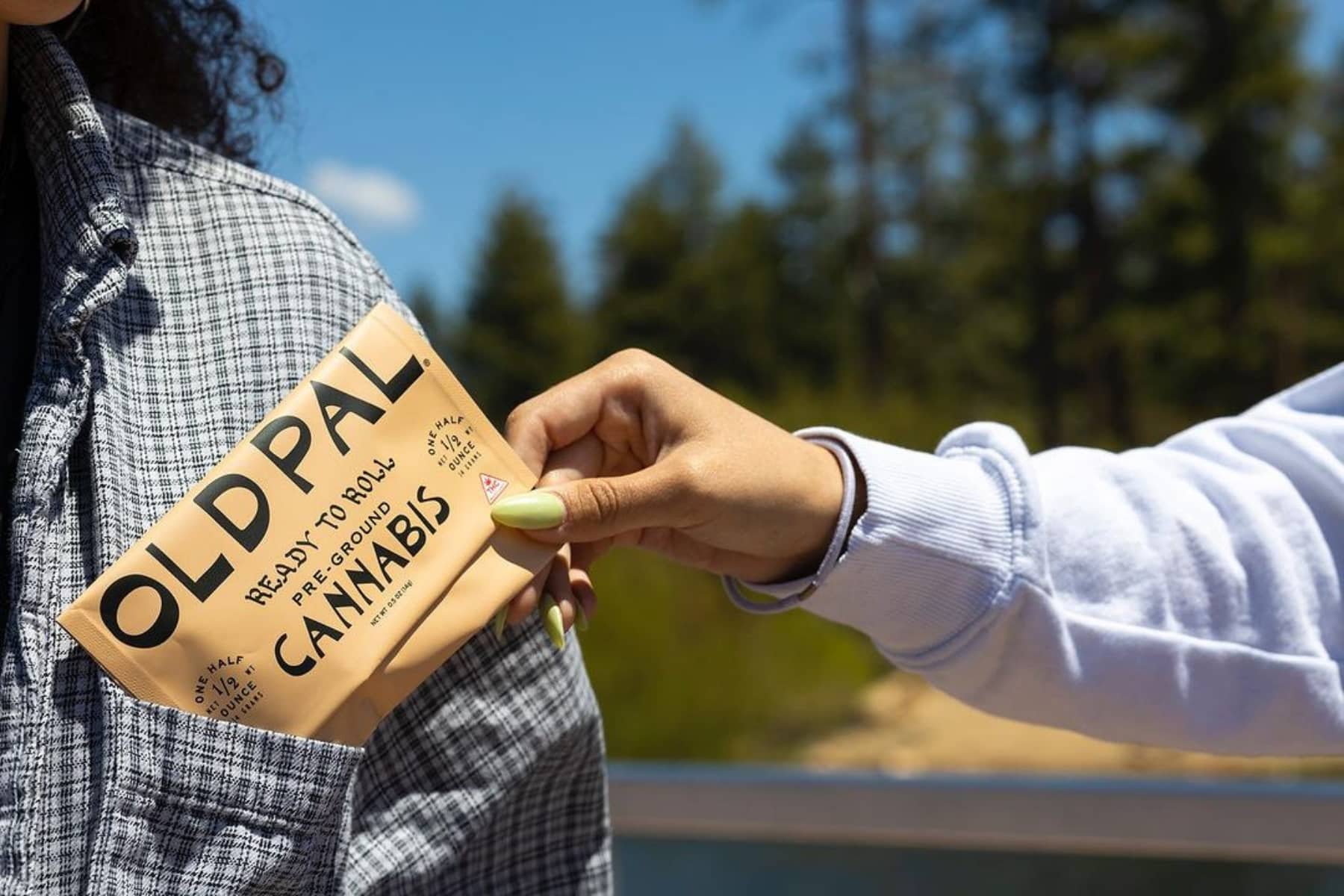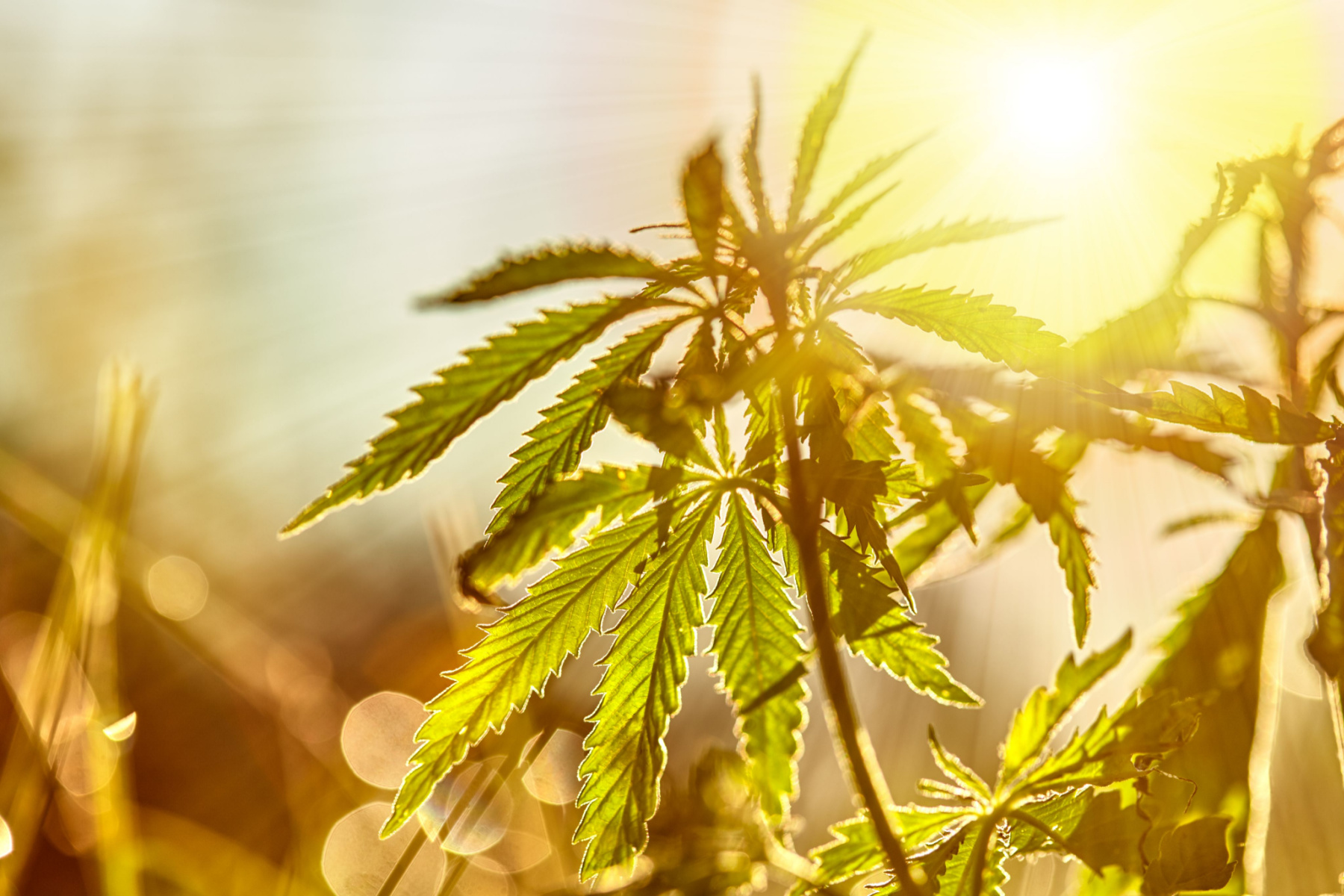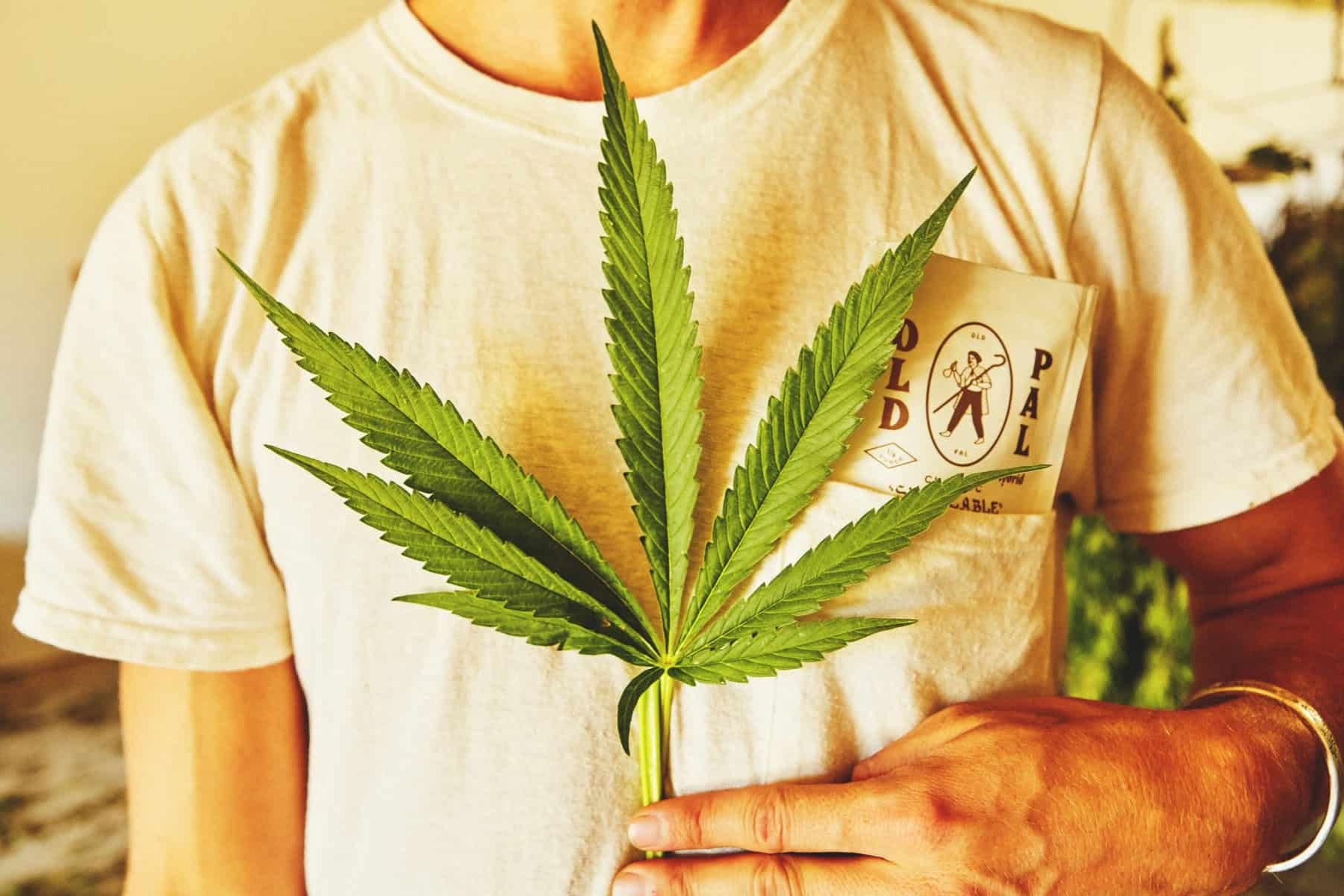As cannabis culture continues to flourish and evolve, so does our understanding of the plant’s most famous component: THC, or tetrahydrocannabinol. Most are familiar with Delta-9 THC, the primary psychoactive element that provides the celebrated “high.”
However, the cannabis plant is a complex botanical powerhouse, producing many types of THC, like Delta-8, Delta-10, and even Delta-11, each possessing unique effects and chemical structures. This guide will illuminate these lesser-known cannabinoids, their roles, effects, and the legal intricacies between hemp and marijuana-derived THC, paving the way for informed, responsible consumption.

The Familiar Face: Delta-9 THC
Delta-9 tetrahydrocannabinol, commonly known as Delta-9 THC, is the most well-recognized cannabinoid within the cannabis community and beyond. It’s the main psychoactive component found in the cannabis plant, and its effects are what many people think of when they consider using cannabis for recreational or medicinal purposes.
Delta-9 THC Effects
The effects of Delta-9 THC are as varied as they are profound. For many, it offers a potent escape into euphoria, making it a favorite for recreational use. Users often report a significant uplift in mood, characterized by laughter and a general sense of well-being. This euphoric effect can be a powerful aid for those dealing with stress and depression, providing a temporary reprieve from daily struggles.
However, Delta-9 THC is also celebrated for its ability to enhance sensory perception. Colors might seem brighter, sounds more distinct, and tastes and smells heightened. This enhancement makes activities like listening to music, watching films, or enjoying food particularly enjoyable while under the influence of this cannabinoid.
Creativity often sees a surge as well. Many artists and writers find that Delta-9 THC helps in breaking down creative barriers, offering new perspectives and inspiration that are sometimes elusive under normal circumstances.
Despite these benefits, Delta-9 THC is not without its potential drawbacks. The intensity of its effects can sometimes lead to anxiety or paranoia, particularly in inexperienced users or those predisposed to these conditions. High doses are more likely to induce these adverse effects, making dosage consideration crucial for a positive experience.

The Alternative: Delta-8 THC
Delta-8 THC has gained attention as a milder alternative to its more potent cousin, Delta-9 THC. While structurally similar, the subtle differences in their molecular makeup lead to notably different effects, making Delta-8 THC an intriguing subject for both consumers and researchers.
Delta-8 Effects
Delta-8 THC offers a unique psychoactive experience, often described as relaxing and uplifting without the intense high associated with Delta-9. This makes it particularly appealing to those who might be sensitive to the stronger effects of traditional THC. Users often report feeling clear-headed and calm, with a reduced risk of anxiety and paranoia, which can accompany higher doses of Delta-9 THC.
This cannabinoid has also shown promise in reducing nausea and stimulating appetite, much like Delta-9, but with fewer cognitive side effects. Such properties make Delta-8 THC a potentially valuable tool for patients undergoing treatments like chemotherapy, who need the therapeutic benefits of cannabinoids without overwhelming psychoactivity.
The Newcomer: Delta-10 THC
Emerging on the market as a novel cannabinoid, Delta-10 THC is carving out a niche for itself among those seeking a different kind of cannabis experience.
Delta-10 Effects
Delta-10 THC is noted for producing a mild, energizing high, which contrasts the more sedative effects commonly associated with Delta-9 THC. Users describe feeling an increase in alertness and creativity, akin to the uplifting effects of sativa-dominant cannabis strains. This makes it suitable for daytime use, where maintaining focus and productivity is necessary.
However, because Delta-10 is less potent than Delta-9, it appeals to those who want a manageable, less intense experience that can be enjoyed without significant impairment. This attribute potentially widens cannabis’s appeal, reaching those who may have previously been hesitant about its use.
The Rare: Delta-11 THC
Delta-11-tetrahydrocannabinol, known as Delta-11 THC, is a minor cannabinoid and an isomer of Delta-9 THC. It shares the same chemical formula with Delta-9 but features a different arrangement of atoms, showcasing the molecular diversity within the THC family.
Delta-11 Effects
Little is documented about the specific effects of Delta-11 THC due to limited scientific research. Anecdotal evidence suggests it shares psychoactive properties with other THC types, binding to the endocannabinoid system to induce a high. Some claims suggest that Delta-11 THC is significantly more potent than Delta-9, although these claims lack scientific verification and often confuse Delta-11 with 11-hydroxy-THC.

Legal Status and Distinction: Hemp vs. Marijuana
Cannabis is a diverse botanical family encompassing various strains and species, but when it comes to legal and regulatory discussions, the two most commonly recognized distinctions are hemp and marijuana. Both are indeed cannabis, but they are governed under vastly different legal frameworks due to differences in their chemical compositions—particularly their THC content.
Chemical Distinction
The primary distinction between hemp and marijuana lies in their THC content. Legally, hemp is classified as a cannabis plant containing 0.3% or less THC by dry weight. This minimal amount is considered insufficient to produce intoxicating effects. Conversely, marijuana refers to cannabis varieties that contain more than 0.3% THC by dry weight, capable of inducing psychoactive effects.
Legal Frameworks
The legal status of hemp and marijuana varies significantly across jurisdictions, primarily influenced by their THC content.
- Hemp: With the passage of the 2018 Farm Bill in the United States, hemp was federally descheduled as a controlled substance and legally distinguished from marijuana. This legalization opened the door for the cultivation, production, and sale of hemp and its derivatives, such as CBD, across the nation, provided they meet the federal THC threshold. Hemp is now a major agricultural commodity, subject to agricultural and commercial regulations rather than drug laws.
- Marijuana: Unlike hemp, marijuana remains classified as a Schedule I controlled substance under U.S. federal law, putting it in the same category as heroin and LSD. This classification comes with strict regulations and penalties regarding its sale, possession, and use. However, state laws vary dramatically. As of now, numerous states have enacted laws to legalize or decriminalize marijuana for medical and recreational use, creating a patchwork of regulations that often conflict with federal laws. The good news is that marijuana is currently under review to be rescheduled, moving it down to Schedule III status.
The differing legal statuses of hemp and marijuana also impact research and commercial activities. Hemp’s legal status has allowed for expanded research into cannabinoids and encouraged the development of hemp-derived products, boosting the economy and providing new opportunities for farmers and businesses.
In contrast, marijuana’s classification has restricted its research possibilities and limited its legal market to states that have passed their own legal frameworks.

Hemp Access on the Open Market
With so many types of THC and easy access to hemp-derived products, many consumers are looking online for their next favorite product. That’s the beauty of hemp THC—you can order online and enjoy it from the comfort of your own home! Deltas 8, 9, and 10 come in a variety of products from pre-rolls and edibles, to drinks and vape pens.
A word of caution: When shopping online for cannabis products, always look for test results! Any reputable brand will offer a certificate of analysis verifying the product is free from contaminants and contains the amount of THC it claims.
We’re thrilled with so many options today, and whether it’s hemp or marijuana helping you explore the many types of THC, we have just one message for you: it’s just weed, y’all. Spark one up and enjoy the good times.






